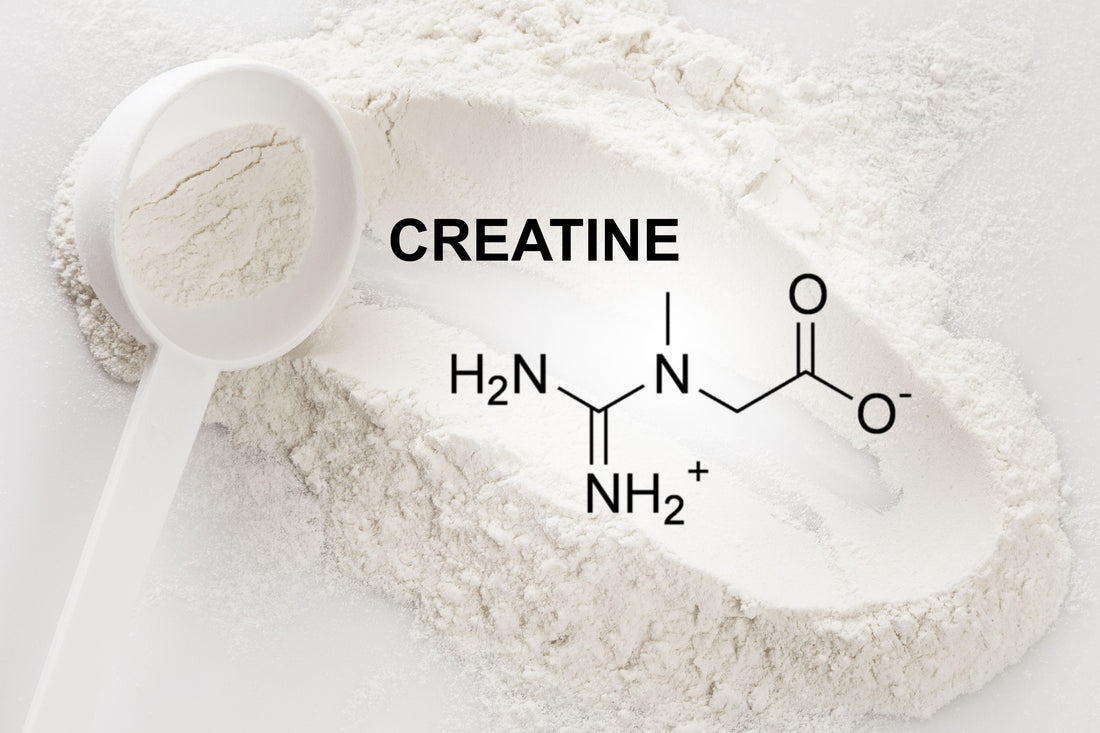
Creatine and Health: What You Should Know
Share
Introduction
Creatine is often thought of as a supplement just for athletes, but it actually plays an important role in health throughout life. From children to older adults, creatine supports growth, energy, and even brain function. Let’s explore what creatine is, why it matters, and the facts about its safety and benefits.
What Is Creatine?
Creatine is a substance naturally found in our bodies. It helps make energy in our cells, especially in muscles and the brain. We get some creatine from food like meat and fish, and our body makes the rest from certain amino acids. On average, the body uses 2–4 grams of creatine each day, depending on a person’s muscle mass and activity levels.
Why Creatine Is Important for Everyone
Creatine helps the body function properly during physical and mental stress, like during exercise, illness, or recovery from injury. It also supports muscle strength, brain health, and growth. In children and teenagers, not getting enough creatine can lead to slower growth, less muscle, and higher body fat.
Older adults also benefit from creatine. Research shows that low creatine intake in seniors is linked to poorer memory and higher risk of health problems like angina and liver issues. That’s why it’s important for people of all ages to have enough creatine in their diets.
Food Sources and Daily Needs
You can get creatine naturally from red meat and fish, which contain about 1–2 grams per pound. However, these foods can be costly and high in calories. Because of this, many people may not get enough creatine from food alone. Supplements like creatine monohydrate are a more affordable and effective way to meet daily needs. A typical adult is advised to get about 2–3 grams of creatine daily to support health.
Safety and Myths
There have been concerns about whether creatine is safe for young people. However, over 680 clinical trials, including long-term studies in children, teenagers, adults, and seniors, have shown creatine to be safe. Side effects are rare, and creatine is not linked to eating disorders or poor mental health. In fact, low creatine levels have been connected to higher rates of depression in some studies.
Creatine and Health Conditions
Creatine has been studied for its benefits in various conditions. It may help people with muscle diseases, injuries, or certain types of cancer. It also shows promise in improving strength, brain function, and recovery from illness. Research even suggests benefits during pregnancy and in people with heart or bone conditions.
Conclusion
Creatine is much more than a sports supplement. It supports growth, brain health, and overall wellness at all ages. It is safe, affordable, and backed by strong science. Whether through food or supplements, making sure your body has enough creatine is an important part of staying healthy.
